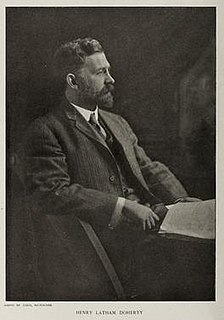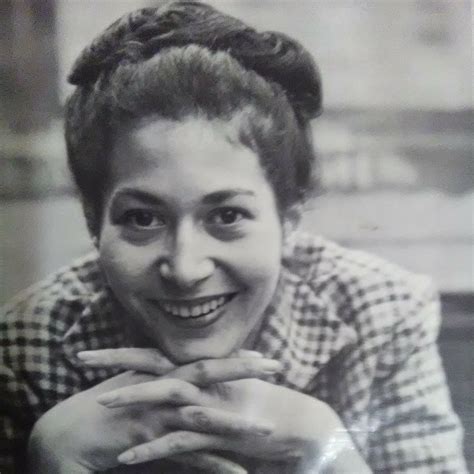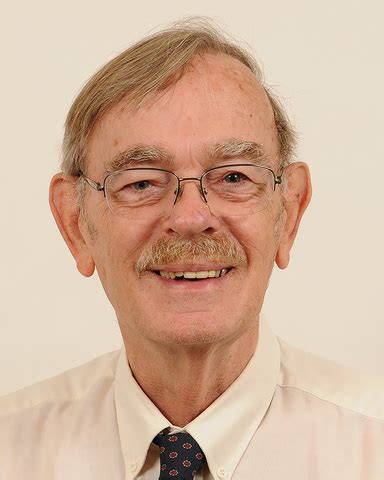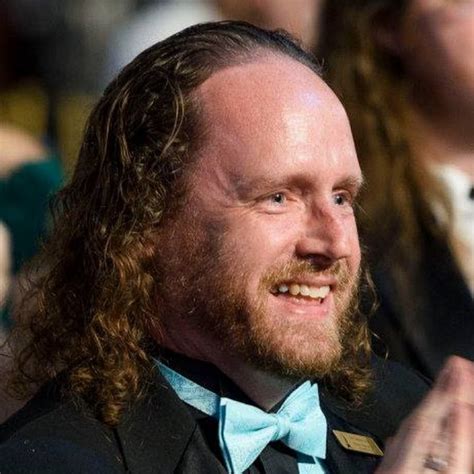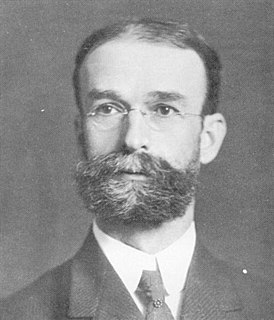A Quote by Pierre Teilhard de Chardin
Our century is probably more religious than any other. How could it fail to be, with such problems to be solved? The only trouble is that it has not yet found a God it can adore.
Related Quotes
We are more than our problems. Even if our problem is our own behavior, the problem is not who we are-it's what we did. It's okay to have problems. It's okay to talk about problems-at appropriate times, and with safe people. It's okay to solve problems. And we're okay, even when we have, or someone we love has a problem. We don't have to forfeit our personal power or our self-esteem. We have solved exactly the problems we've needed to solve to become who we are.
The rationale for accepting or rejecting any theory is thus fundamentally based on the idea of problem-solving progress. If one research tradition has solved more important problems than its rivals, then accepting that tradition is rational precisely to the degree that we are aiming to "progress," i.e., to maximize the scope f solved problems. In other words, the choice of one tradition over its rivals is a progressive (and thus a rational) choice precisely to the extent that the chosen tradition is a better problem solver than its rivals.
The man who has successfully solved the problem of his relations with the two worlds of data and symbols is a man who has no beliefs. With regard to the problems of practical life he entertains a series of working hypotheses, which serve his purposes, but are taken no more seriously than any other kind of tool or instrument. In other words, symbols should never be raised to the rank of dogmas, nor should any system be regarded as more than a provisional convenience.
You must pray for yourself constantly. How could it be otherwise? We worship God by believing in Him, trusting Him, and loving Him wholeheartedly - and we can attain to that only through prayer. The sole object of our being here is that we may grow like Him - and we can do that only through prayer. The more we pray for ourselves the more power will our prayers have for any other purpose whatever; so praying for ourselves is the reverse of selfishness - it is truly glorifying God.
How wrong it is to use God as a stop-gap for the incompleteness of our knowledge. . . . We are to find God in what we know, not in what we don't know; God wants us to realize his presence, not in unsolved problems but in those that are solved. . . . God is no stop-gap; he must be recognized as the center of life, not when we are at the end of our resources.

